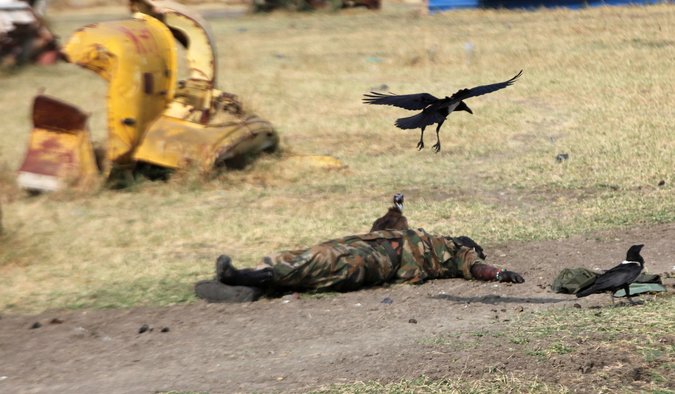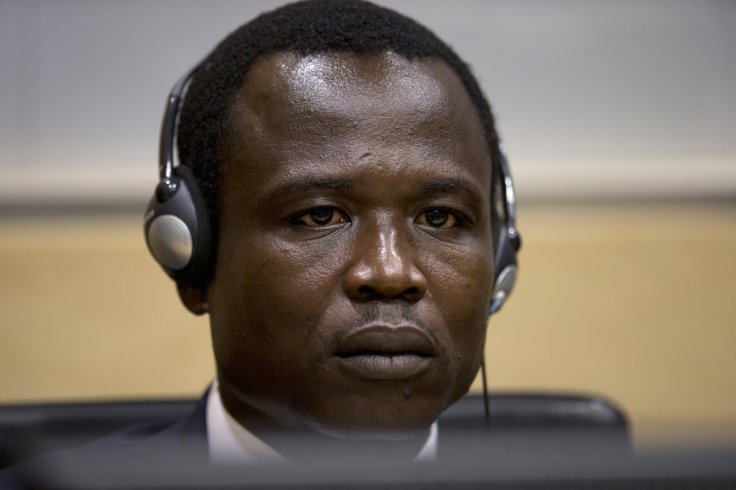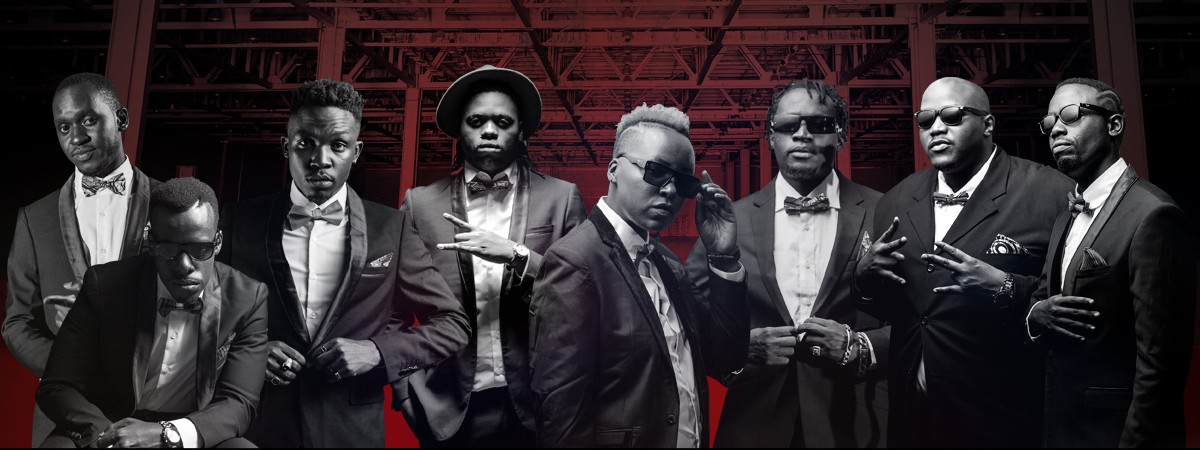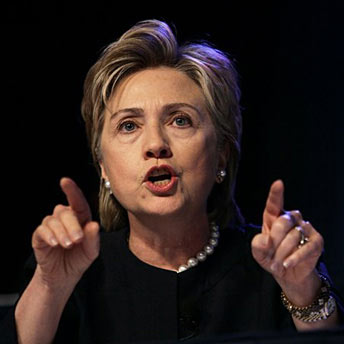The failure of the US backed plan to capture or kill the leader of the Lord’s Resistance Army, Joseph Kony, is not the only blemish on the soon to start trial of LRA fighter Dominic Ogwen at the Hague.
There are many issues with his prosecution for alleged war crimes and crimes against humanity.
Firstly, it has never been clear how the trial of low level actors such as Ogwen can get to the heart of justice in the complex political situation such as the one the LRA was engaged in. One must say low-level actors because the virulent strain of the LRA, the butchering, mutilating, dehumanizing version was always held together by the evil charity of state sponsors.
These mostly in Khartoum were engaged in a wider struggle within Sudan.
That is a fact.
Even now on the eve of his trial at The Hague, the Sudan question continues to throw up bodies burnt, butchered and raped. The situation appears far worse than Ugandans ever saw during LRA’s worst periods. The state of near lawlessness in parts of Sudan is not separate from the Ogwen trial. In Khartoum official immunity and political insulate a state sponsor charged with the same crimes. At The Hague, a foot soldier, one who was inducted into the games of nations has a child, an African Frankenstein of political anarchy is being asked to answer for all those involves.
It is not fair.

(photo credit – NYT. Body of soldier in Malakal, Sudan)
Not to the victims, the politics of conflict in the region or to the legal process itself. In fact what it is – is a horror show of organised scapegoating. Even if Ogwen is responsible for the crimes he is accused and it is proven, it will not answer why the LRA has remained the kind of evil influence of its time. That answer can come when the principals not the agents in these sorts of conflict are put on the stand. If Kony had been captured or killed it would have injected gravity to these proceedings.
In the alternative if the ICC had not lost its battle with African presidents perhaps the weight of the Ogwen crimes could sit heavy on some of them whose involvement in proxy wars led to the human suffering he is accused of causing.
Now it is mostly a farce.
Secondly, in Uganda, the LRA war has lost its evil spell. Despite the long period of the conflict and the great harm it did to populations in the North, the political establishment hardly discusses it. This national amnesia could be explained, in part, because despite its criminality LRA was a political conflict. With its fighters off Ugandan soil, and with the prospect of active conflict between itself and the central government removed, a spell was broken.
Political problems remain but are not amplified by the suffering in the camps and towns. Voices calling for accountability on both sides are hardly heard today. One Northern MP, just three years older than Ogwen and who himself could have been a child soldier told me when asked about this amnesia “ I have left this issue of democracy and human rights. I am now interested in political economy”.
A recent owner of several new businesses, including nightclubs where children once sheltered from the fear of the likes of Ogwen, he represents the reality of the new politics in the North. This new normal is aligned – bottom to top, with the post-conflict recovery and is ever too busy to recall the past. One could argue that it is a coping mechanism – to forget the past and focus on the future.
Perhaps.
There have been however three elections since LRA left Uganda in November 2005. The political crisis has been defined with new faces and new violence – much of it in the center and in the West. The Uganda question that came to be caricatured by the LRA used to be a North- South divide along broadly ethnic lines. Now it is mostly a Western Uganda affair with some elements of urban fragility. In the political centre – both the establishment and its opposition are squarely from the West of the country. The latest images of civilian “massacres” have been in the town of Kasese and the images recall the crimes that Ogwen himself is accused of. The absence of any notable political process – outside of electoral cycles to deal with the “Northern Uganda” question says something about the reception this trial will have in Uganda.
It is more likely that at the nightclubs that the MP owns music videos and European football will be showing not Mr. Ogwen on the stand.
Finally perhaps the Ogwen trial brings home the futility of non-ideological political violence both in Uganda and within the tribal pogroms underway in the Sudans. The violence of the LRA and its response by the state of Uganda caused a lot of unnecessary hurt and in its aftermath it does not seem to have imparted a lesson of the scale of human tragedy, the broken lives and dreams it left in its wake.
It is not clear to me if the trial will act as a deterrent to further violence similar in its horror or scale. Politics has not matured enough to value human life and dignity, which is partly why the 20-year Northern Conflict is threatened with extinction in the mind of the average Ugandan. Ethnic chauvinists many masquerading a revolution can still emerge to throw away lives needlessly. Worse it shows that in many African settings including Uganda – no national consensus has replaced the post-independence so-called sharing of the national cake version of politics.
A base materialism continues to hold politicians hostage. They speak of national progress in material terms – income, wealth and distribution not in terms of dignity, pride and cooperation.
This “national GDP” is what is worth protecting with violence and no greater idea is there to defend. The values that Ogwen is answering for, human rights dignity and freedom from torture are far from this crowd.
His trial therefore is mostly useless to them.
(Ogwen pictured by Reuters)










